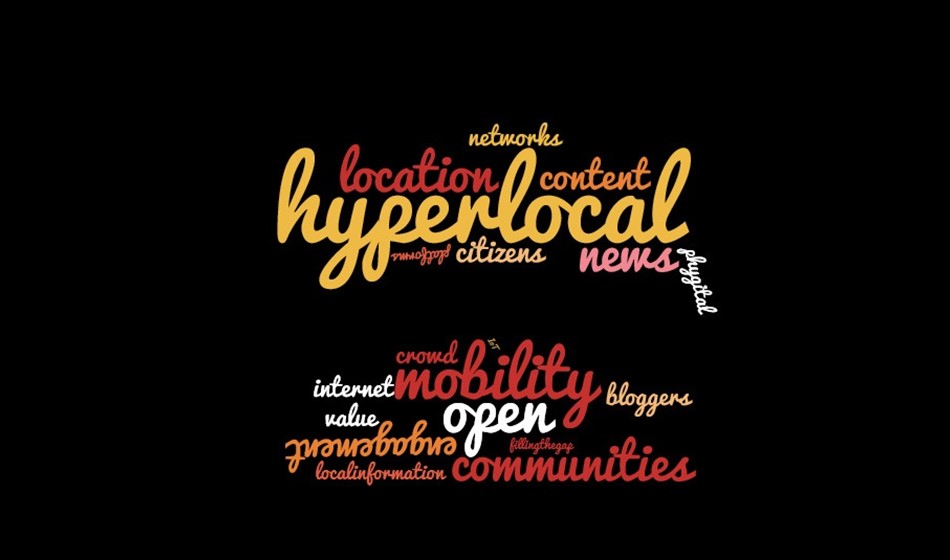News & Insights
Hyperlocal Media
With all the buzz and recent publicity created around the Project Τhesswiki we have decided to review a very interesting and up to date report by Nesta (an innovation charity) about hyper local media and the notion of hyper local sui generis. The report focuses on the UK landscape by demonstrating its hyperlocal nature and gives interesting insights about this trend.
Hyperlocal media are usually platforms which provide online news and content with regards to a city, village or even a postcode, whereas another nuance of hyperlocal can pertain to a single community defined by its geographical position.
Hyperlocal media have very niche audiences with particular interests and attempt to enrich the existing media and information provision by adding up to date, relevant information pertaining to the matter they focus on, a matter which highly depends on the need of the concerned community or network. The rise of hyper local is understandably justified as there is a demand for local content consumption, thus its provision is highly valuable.
As almost all actions and trends which involve the crowd, hyperlocal media is heavily relying on the power of the internet and communication technologies as well as the level of community engagement and specifically on young multitaskers as wells as “citizen journalists or activists” who have the potential to upload content and useful information while on the move, report from local events or tell unique stories about a district. In this sense, focus should be also directed upon social media platforms which support hyperlocal activities as the creation of niche group pages, the mobility of the user and the filtering of information by offering personalized and location-based information. However hyperlocal doesn't only refer to the online landscape but also occurs off-line. Local knowledge and context are essential for the success of each and every hyperlocal initiative.
Like other emerging trends hyper local media face several challenges such as the lack of funding, constraints to scale up, sustainability issues and the lack of collaboration with traditional media. These challenges can be overcome by establishing partnerships between offline and online media and by blurring the physical and the digital via new technologies (e.g QR codes on Landmarks). The contribution of civic authorities is decisive as they can offer access to their data to bloggers and techy residents who can contribute with new insights and information. The provision of open public data supports the creation of hyper local high-value content by allowing greater access to local information and by defining its context.
Thesswiki is a project which converges with the aforementioned theory and the notion of hyperlocal. In this project locals contribute to Wikipedia by filling the gap in the existing Wikipedia articles about Thessaloniki city. Through its Editathons Thesswiki managed to engage a niche community and contribute dramatically to the local pull of knowledge and to the place’s identity. The QR codes (placed in Museums and other sites) referring to the respective multilingual Wikipedia articles is maybe the most representative argument which justifies this thematic association between Thesswiki and hyperlocal as this proves the value of location-based knowledge capital can take global dimensions through the power of internet.
Source: Damian Radcliffe (2012) Here and Now: UK hyperlocal media today
Available at: http://www.nesta.org.uk/publications/here-and-now-uk-hyperlocal-media-today









 Map
Map
